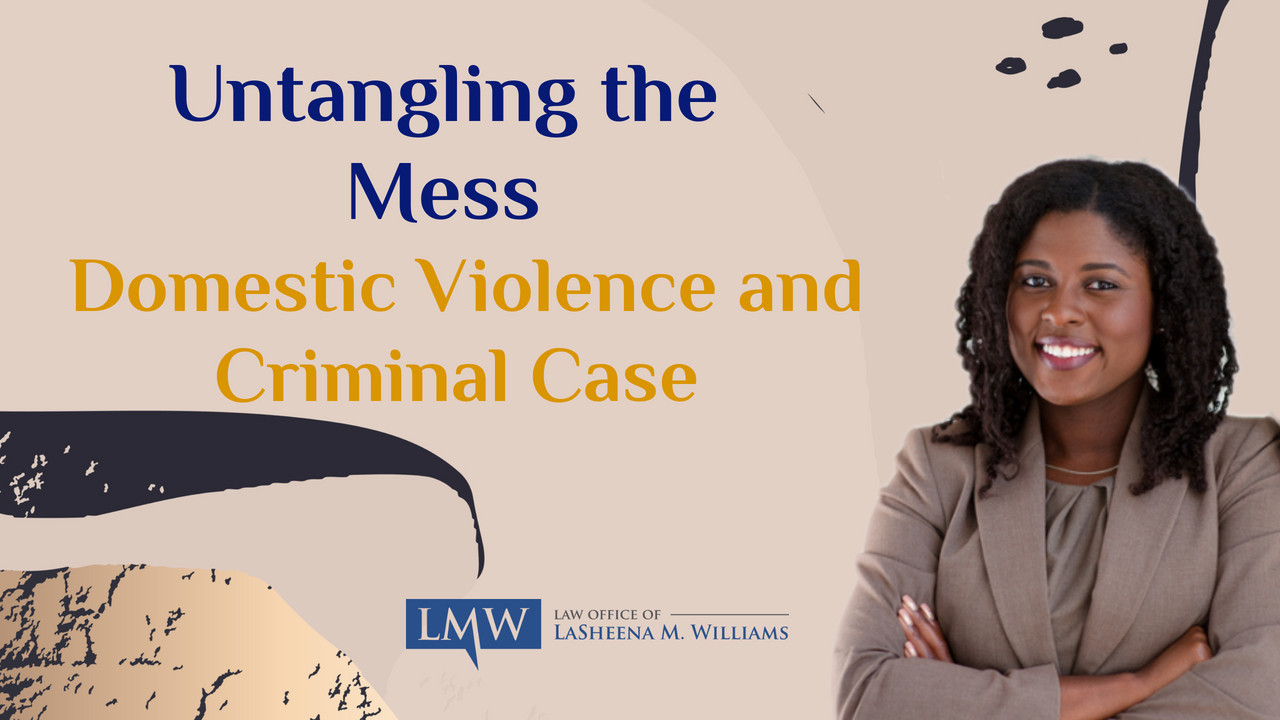Thank you for joining me. My name is LaSheena Williams, and I am a Maryland family law attorney. My firm helps our clients take control of out-of-control domestic situations. Today, we will be discussing answering discovery requests.
What is discovery?
Discovery is a term used during litigation where both parties can seek and provide information to the opposing party. There are several different types of discovery requests that you can make and/or respond to during litigation. There are interrogatories, there’s depositions, there’s requests for admissions, there’s requests for document production, there’s requests for entering and viewing a property, there’s requests for physical evaluation. There are several different tools that can be used during discovery that could assist you in your family law case.
What are interrogatories?
An interrogatory is a question that’s being asked by the opposing party to which you are required to swear a response to. So, what that means is they will ask you a set of questions and you will be required to provide answers to those questions under the penalties of perjury. You are required to fully answer those questions of your knowledge, and you must answer those questions thoroughly or else they may seek to have you sanctioned for failing to answer the questions as requested.
What is document production?
During discovery you may be requested to provide document productions and what a document production is, is producing documents relevant to your case. These types of documents can vary, they may seem only tangentially relevant. They may be bank statements, they could be report cards for your children, they could be health insurance statements. They could be any number of things that may have relevancy to the matter that you have going in court. Further you may be required to produce documents going back several years depending on the relevant time frame for your case. It can be time-consuming. It can be complicated, but ultimately my perspective is, the more information you produce the more options you have as evidence moving forward. So, it’s important that you have a very robust document production during your litigation.
What are admissions?
Admission is like an interrogatory, but different. An admission is where the opposing party will ask you if you agree or disagree with specific statements and you either must admit or deny those statements. For example, if you’re asked to admit or deny if you are the parent of the child in question in your case, if you say, “I deny that I am not the parent of that child,” that statement may be used as evidence in court regarding your position on that issue. These statements are also sworn under oath, and they can be used during the trial in your matter.
What is supplementation?
Supplementation in discovery is very important, but it’s often overlooked. If new information is provided, you should supplement. If you provide a discovery several months ago and your trial isn’t for another few months, you should supplement with updated information. You have an ongoing duty to provide updated information in ongoing litigation up until, quite frankly, the day before trial. It’s very important that you’re doing that because some people believe that they’ve provided an initial response and that’s all they have to do, but if you’ve changed employment, if you’ve gotten a pay raise, if you’ve got a new child, there are a number of things that can happen from when you initially provided responses until the day before trial and it’s important for you to provide that supplemented information because you may want to use that information at court and if you don’t supplement you may not be able to do so.
If you have any questions about responding to discovery requests in your domestic matters in Maryland, contact the Law Office of LaSheena M. Williams at (301) 778 – 9950 or leave an online request for a consultation.



